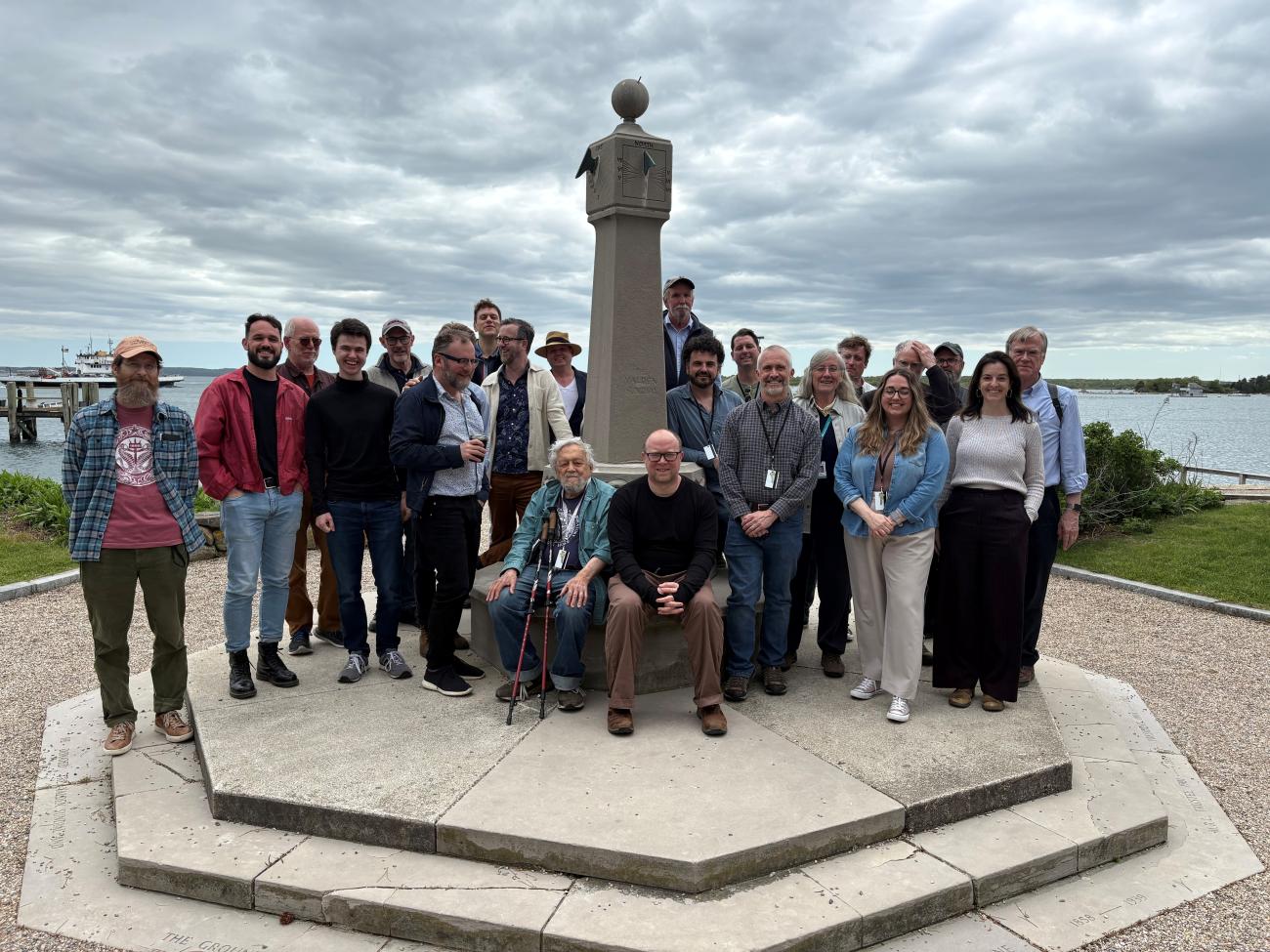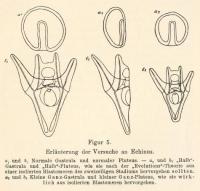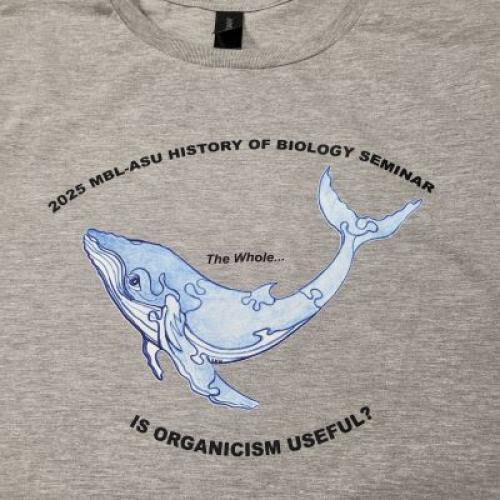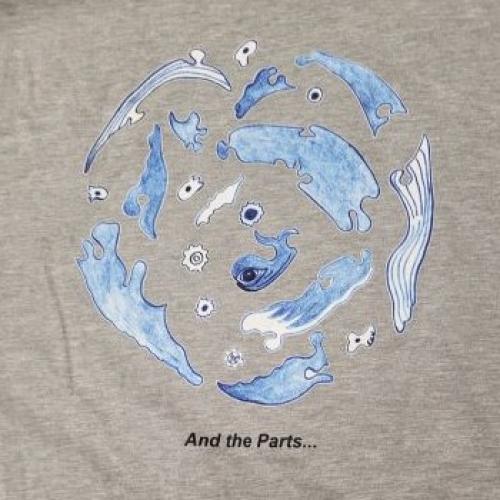History of Biology Seminars
2025: Is Organicism a Useful Concept: A Critical Historical and Philosophical Analysis

Image

|
Please Note: Due to the topic, the 2025 History of Biology Seminar will be invite only.
Seminar Timeline: May 15th – 20th, 2025 (travel days May 14 and May 21st)
Bay Reading Room, 2nd Floor Lillie Library, Marine Biological Laboratory
About
Is Organicism a Useful Concept: A Critical Historical and Philosophical Analysis
Organicism today is a materialistic perspective on living organisms often portrayed as an antidote to reductionist and mechanistic explanatory strategies. Recently, two popular books by the philosopher of biology Michael Ruse (with Michael Reiss) and the science journalist Philip Ball[1] describe what they call The New Biology as a holistic approach to organisms that will remedy the failed excesses of gene reductionism and finally answer all our questions about life. These books come on the heels of Daniel Nicholson’s work highlighting Joseph Woodger and Joseph Needham’s “third way” organicism of the 1920s and 1930s, and Erik Peterson’s and others’ suggestion that organicism of this type persisted at least until the end of the twentieth century. Two key claims appear to drive proponents of organicism: (i) that a proper understanding of living organisms and any of their vital phenomena requires consideration of the context of the organism as a whole, and (ii) an insistence on the recognition of living organisms as purposive teleological agents. Together these two concerns motivate criticism (to varying degrees) of what are commonly characterized as reductionistic strategies informed by mechanistic metaphors and analogies. Organisms, they insist, are not machines or aggregates that can be properly understood via the separate analysis of independent parts; nor are they, like machines, lifeless systems that only derive function or purposive agency secondarily from a prior purposive creator; they are autonomous agents seeking to achieve their own intrinsic goals, such as survival and reproduction, as might be expected according to evolutionary biology.
With this seminar we would like to consider the following questions: To what extent are these criticisms representative of actual scientific research rather than of simplistic metaphors and imagery employed to communicate research questions and results? How exactly does organicism work as an epistemic strategy? Is it a useful concept? And if so, for whom? How does an experimental or theoretical biologist operate as an organicist to account for various properties of living cells and organisms? Or is organicism a concept useful for philosophers who are more interested in abstract notions of agency, purpose, teleology, and a theory of organisms than in achieving understanding of how living organisms work by means of mechanistic explanations? Are organicism and mechanistic explanation compatible? What sort of explanations does an organicist approach offer?
This Seminar in the History of Biology will review historical concepts of organicism in the nineteenth, twentieth and twenty-first centuries and their relevance to specific disciplines in biology and the life sciences such as development, cell and molecular biology, biochemistry, genetics, evolution and medicine. Another goal is to link philosophical work on levels of organization and reductionism to these historical accounts. An ultimate goal is to determine if organicism is purely aspirational or if it has evolved into concrete strategies of biological investigation that place the organism front and center while, at the same time, generating scientifically rigorous and satisfactory explanations of biological phenomena.
[1]The New Biology: A Battle Between Mechanism and Organicism. Michael J. Reiss and Michael Ruse (2023); How Life Works: A User’s Guide to the New Biology. Philip Ball.
Image

| Image

|
James Collins, Arizona State University
Jane Maienschein, Arizona State University/MBL
Karl Matlin, University of Chicago/MBL
Andrew Reynolds, Cape Breton University
